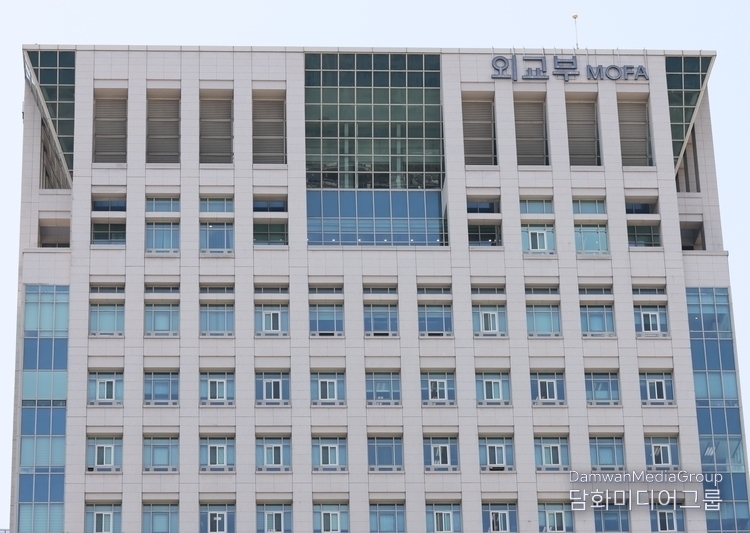By Diplomacy Journal Lee Jon-young
Two months have passed since Korean university student Park (22) was kidnapped and murdered in Cambodia. Only after his death became known to the world did the government declare a “full-scale response.” But by then, Park had already returned as a cold corpse.
And the people asked coldly. “Where the hell was the government?” Delayed cooperation, shifting blame, a life obscured by ‘procedures’. When the victim's family reported in late July that “my brother seems to be held captive,” police immediately confirmed his cell phone location was overseas. Yet, no immediate request for local investigation or emergency cooperation followed.

The police referred to the Ministry of Foreign Affairs, the Ministry to the embassy, the embassy to local police—in this relay race called ‘procedure,’ the golden time slipped away futilely. Under the guise of ‘jurisdiction confirmation,’ amidst countless documents and official letters, the cry for help from a young life vanished, blocked by the wall of bureaucracy. Then, two months later, when Mr. Park's body was found, the government finally announced an autopsy and the dispatch of a joint investigation team.
It was as if everything was just “beginning now.” To speak of an “all-out response” only after a citizen's life had been neglected for two months—is this truly the face of a society where the ‘state’ exists? Bureaucracy that moves only by presidential order. The most painful aspect of this incident is the fact that the government only moved after ‘the President's order’ was issued.
The Ministry of Foreign Affairs, the police, and even the National Intelligence Service were so preoccupied with ‘reporting systems’ and ‘verifying chains of command’ that actual on-site responses to save lives were pushed aside. Emergency meetings convened only after citizens died, and administrative language brushing it off with “there were procedural delays.” This is not mere incompetence; it is the state's insensitivity.

Is this the structure we face today—where bureaucracy delays life and evasion of responsibility justifies death? Are citizens' lives not a priority in diplomacy? The Korean government has long avoided friction with Southeast Asian governments under the banner of ‘national interest.’ But if ‘diplomatic relations’ take precedence even when citizens are kidnapped and murdered, whose national interest is this serving?
Diplomacy is the art of cooperation, but diplomacy that fails to protect its citizens' lives has no reason to exist. The life of a single citizen outweighs any trade interest. This incident exposes the weakest link in South Korean diplomacy. It laid bare the true face of ‘reactive diplomacy’. Beyond the ‘absence of the state’, a systemic revival is needed. Dispatching emergency teams only after an incident occurs is a 20th-century approach.
Now, the immediate response system for overseas disappearances and abductions must be elevated to a ‘national security level’. An integrated crisis response headquarters and an international investigation cooperation team, transcending the Ministry of Foreign Affairs' paperwork procedures, must be permanently operational. Protecting the lives of citizens is not a matter of laws or systems. It is a matter of the state's will and speed.
This incident is not merely one person's tragedy; it is an alarm bell exposing our government's impotent system. “If a nation cannot protect its citizens, it loses its reason for existence.” Even now, the government must restore public trust through action and accountability, not diplomatic rhetoric. More important than a belated apology is immediate change to prevent the next sacrifice.







